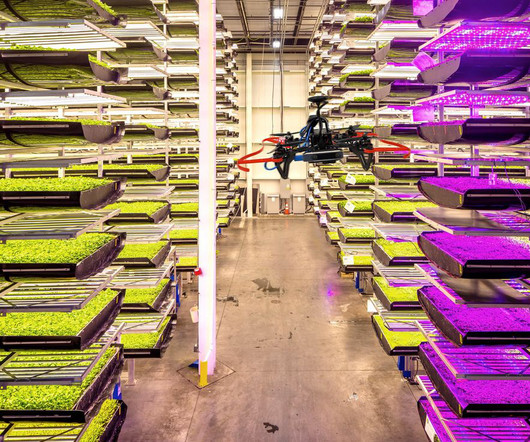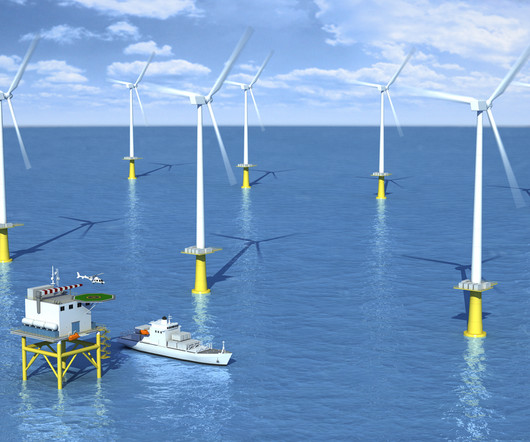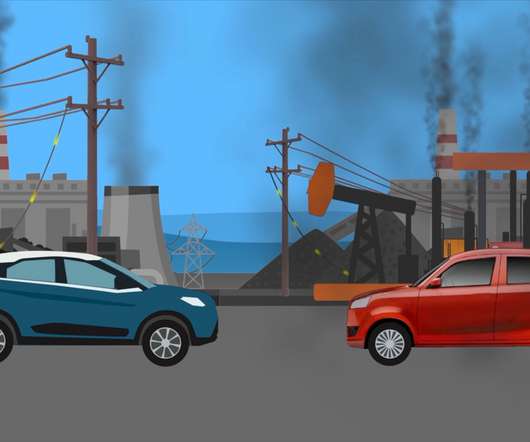Biofuels- paving the way for low carbon future in mobility – ET Auto
Baua Electric
MAY 10, 2024
Given its key role in the Indian biofuel program, ethanol will be the focus of this article. Given the biogenic carbon capture of crops, Ethanol as a fuel has a much lower environmental impact than the traditional fossil fuels. The emissions further drop to ~70% if we consider 2G ethanol which is produced using farm waste.










































Let's personalize your content